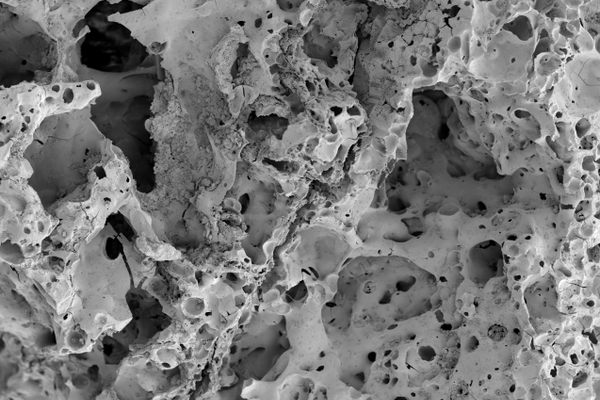All the Very Bad Ways That Castor Seeds Have Been Used
Not only does it taste gross, but castor oil was used as an instrument of political control for years.

Early in October 2018, the U.S. Secret Service opened up a series of suspicious envelopes sent to the Pentagon. Inside, they found castor seeds. Small, shiny, and mottled, the seeds contain enough poison that as few as four of them could kill an adult human. By Tuesday evening, a man in Utah had been arrested in connection with the case. He quickly confessed.
The poison found in castor seeds, ricin, is less deadly than anthrax, but thousands of times stronger than cyanide or rattlesnake venom. Ricin has a long history of being deployed for political means. But another product of castor seeds—castor oil, the dreaded substance once fed to children as medicine—also has a surprising role in the history of political threats and punishment.
How can castor seeds be so dangerous and castor oil be safe for children? Produced with the right technique, the pure oil of the seeds is not a danger; the mash left behind contains the ricin. Isolated, ricin has been used in political assassinations, including the famous umbrella murder, when a Soviet dissident was stabbed in public with a poisoned umbrella tip. During World War II, the U.S. experimented with weaponizing ricin, by coating bullets with the poison or including it in bombs.
But even castor oil has been used for harm. It’s strong stuff, used as a motor oil, in paint and varnish, and as a lamp fuel going back thousands of years. In small doses, it was long used to treat all manner of ailments.

Castor oil has a strong laxative effect. That is, anyone who takes too much will quickly develop a bad case of diarrhea. And in colonial Africa and South Asia as well as in fascist Italy, castor oil became an instrument of political control.
In colonial households and plantations, workers who were suspected of pleading illness to shirk work might be dosed with half a bottle of castor oil as punishment. “Then they’d tell ‘em the next time they’ll, they’ll ah, give ‘em a whole bottle,” one witness reported later.
In Italy, under Mussolini, political opponents would be forced to down so much castor oil that people sometimes died from dehydration from the resulting diarrhea. (The beatings that went along with this assault didn’t help.)
Because of the less disturbing uses of castor oil—and because it makes a pretty ornamental plant—castor seeds grow all over the world. During the 1950s, the U.S. government incentivized farmers in the southwest to grow castor plants in order to increase castor oil production for military use. The trials of weaponized ricin during the 1940s took place in Utah, too.
The man who confessed to sending the castor seeds to the Pentagon said he bought them. But if you see anyone collecting castor seeds for no particular reason… best be cautious.
Gastro Obscura covers the world’s most wondrous food and drink.
Sign up for our email, delivered twice a week.






















Follow us on Twitter to get the latest on the world's hidden wonders.
Like us on Facebook to get the latest on the world's hidden wonders.
Follow us on Twitter Like us on Facebook